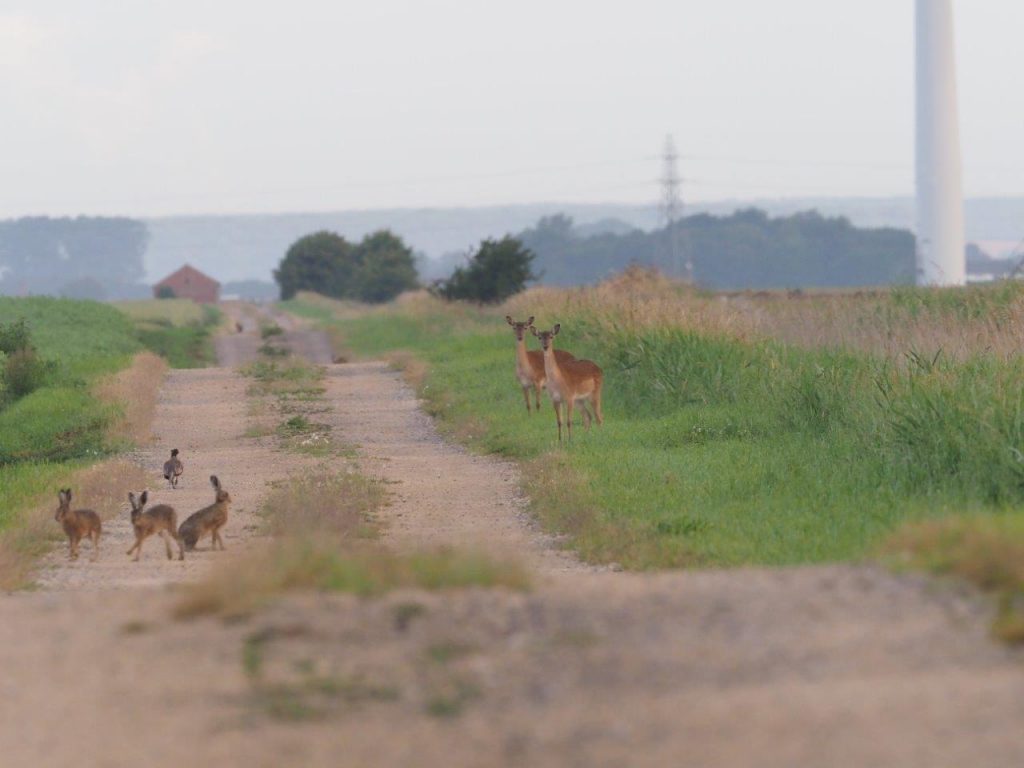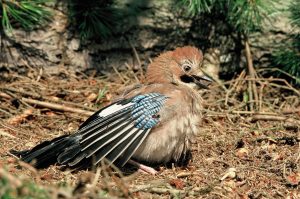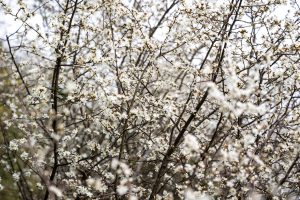Do you need to travel?
If the lockdowns and restrictions placed on our movements have taught us anything, it is that we don't have to travel far to appreciate wildlife. It may seem something of an obvious point to make but, with restrictions lifting, some may be itching to head off to some far-flung wildlife tourist destination. The question is, should we?
In a recent issue of Nature's Voice, I noticed that the RSPB are asking this very question, one that I too have asked in the past and one that many organisations have wrestled with. Over the past few years, even the organisers of Birdfair (the annual birders get together) have been questioned about the promotion of wildlife tourism at a time when air travel should be reduced. I was, therefore, good to see the RSPB raising the profile of this issue.
What makes it so surprising is that many of us noticed and appreciated the reduction in noise levels and pollution when we were all confined to our homes. And when I say "us", I include wildlife in general. Despite this improvement, and with almost all of the restrictions either lifted or significantly eased, it would seem the gains made have now been al but lost. Just when you might be forgiven for thinking that the penny had begun to drop when it came to the matter of putting nature first. Humanity, it seems, has reverted back to its pre-pandemic ways.
It wasn't surprising that there was such a clamour to be on the first aircraft out of the country to a holiday destination when travel was allowed once again. The exodus gave the news programs days of material to feature, showing people who had been trapped indoors for months jetting off abroad. But this eagerness to head to warmer climes and sandy beeches does ignore the significant issue that hasn't gone away, that of the climate emergency we are all facing. It would be easy to list the recent events, from the floods in Germany to the heatwave in Canada and beyond, to highlight how things may pan out for us in the not too distant future. We can't attribute all of these events to changes in our climate, but we can't ignore the fact that this is probably what we have to look forward to.
However, the question of this blog post is, should we satisfy our love of wildlife and our desire to see it in for ourselves in its native habitat by travelling to distant locations, primarily by air? According to the Nature's Voice article, 'tourism, in general, contributes 8% of greenhouse gas emissions’. They also say that wildlife tourism is worth an estimated ‘£350bn’. That is a considerable sum of money, and we can only hope that a significant percentage of this is finding its way into local communities worldwide. It is also good to see the RSPB implement a policy to try to ensure that this happens, though how you monitor this remains to be seen.
Regardless of what policies are put in place or what rules are implemented to try to ensure a fair distribution of income, the fact that tourists are still travelling is the main issue. In the end it comes down to all of us to decide, do we need to travel? If we don't, how can we help to support those in other countries who would have otherwise been reliant on the income our holidays provided? These are complex questions that are very difficult to answer, but if we do decide to restrict our birding and wildlife activities to closer to home, we will be making a difference. Encouraging birds to feed and nest closer to home will help satisfy that feeling we all had during the first lockdowns when many engaged with birds for the first time. Let's hope that we can get that feeling back and appreciate what we have on our doorstep very soon.
© Phil Pickin



